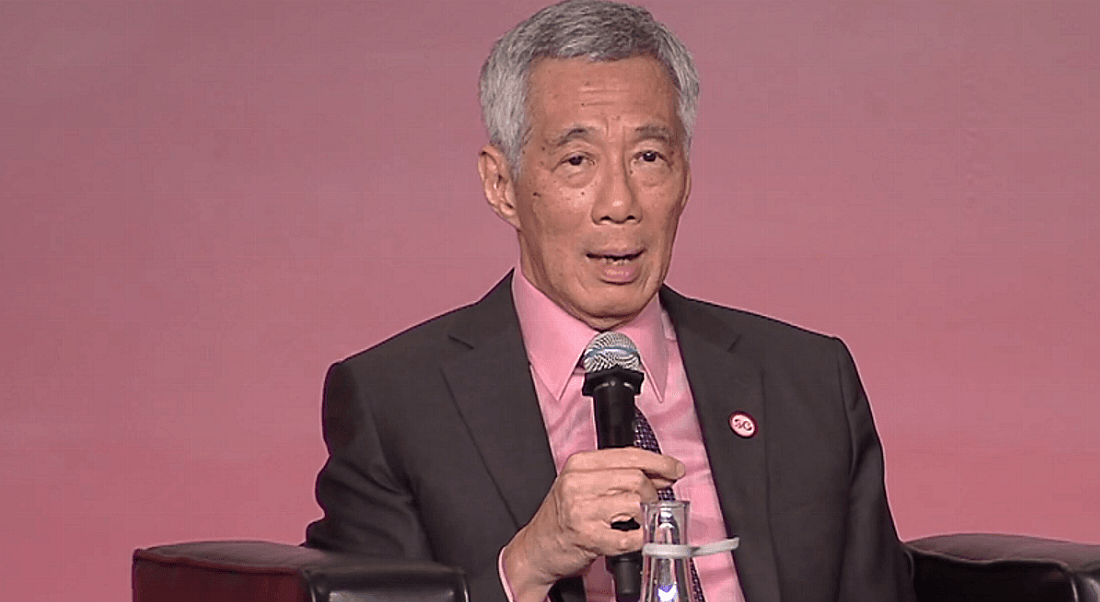At Singapore’s Smart Nation Summit, Lee Hsien Loong addressed workplace inclusivity for a nation with a controversial anti-LGBTQ law.
Singapore as a nation is one of the most diverse in south-east Asia, but a rule dating back to colonial times continues to spark controversy for LGBTQ advocates.
Section 377A of Singapore’s penal code rules that any sexual acts between homosexual men are illegal.
At Singapore’s Smart Nation Summit, the country’s prime minister, Lee Hsien Loong, was asked by a member of the audience about whether the country aims to change regulation to encourage LGBTQ expats – and Singaporean expats in general – to return home and enter the workforce.
The timing of these comments comes ahead of Singapore’s annual Pink Dot, a rally advocating for greater LGBTQ rights and the repeal of 377A.
In response, the prime minister was quite frank about the fact that 377A was here to stay. “I think we are open, you know our rules in Singapore. No matter your sexual orientation, you’re welcome to come work in Singapore,” he said.
“[377A] remains on our legislation and it will for some time, but it has not inhibited people from living here.
“We are not San Francisco, neither are we like certain countries in the Middle East. It’s something in between the way our society is and I think it is possible to have a vibrant tech culture.”
Nationally, public support for repealing the law is somewhat split, with a survey last year showing 55pc are in favour of keeping it in place.
Speaking generally about encouraging Singaporean talent, Hsien Loong admitted that the country has not created an even number of roles within the STEM field, and this plays into Singapore’s need for greater international talent.
“On engineering, I think we have always leaned towards producing STEM graduates from our education system,” he said. “We have biased the system towards producing a disproportionate number of engineers, including IT and computer engineers.”
“The flow [of talent] will grow. We don’t have to depend on our own; we welcome people from overseas and Singaporeans looking to come back,” he added.




